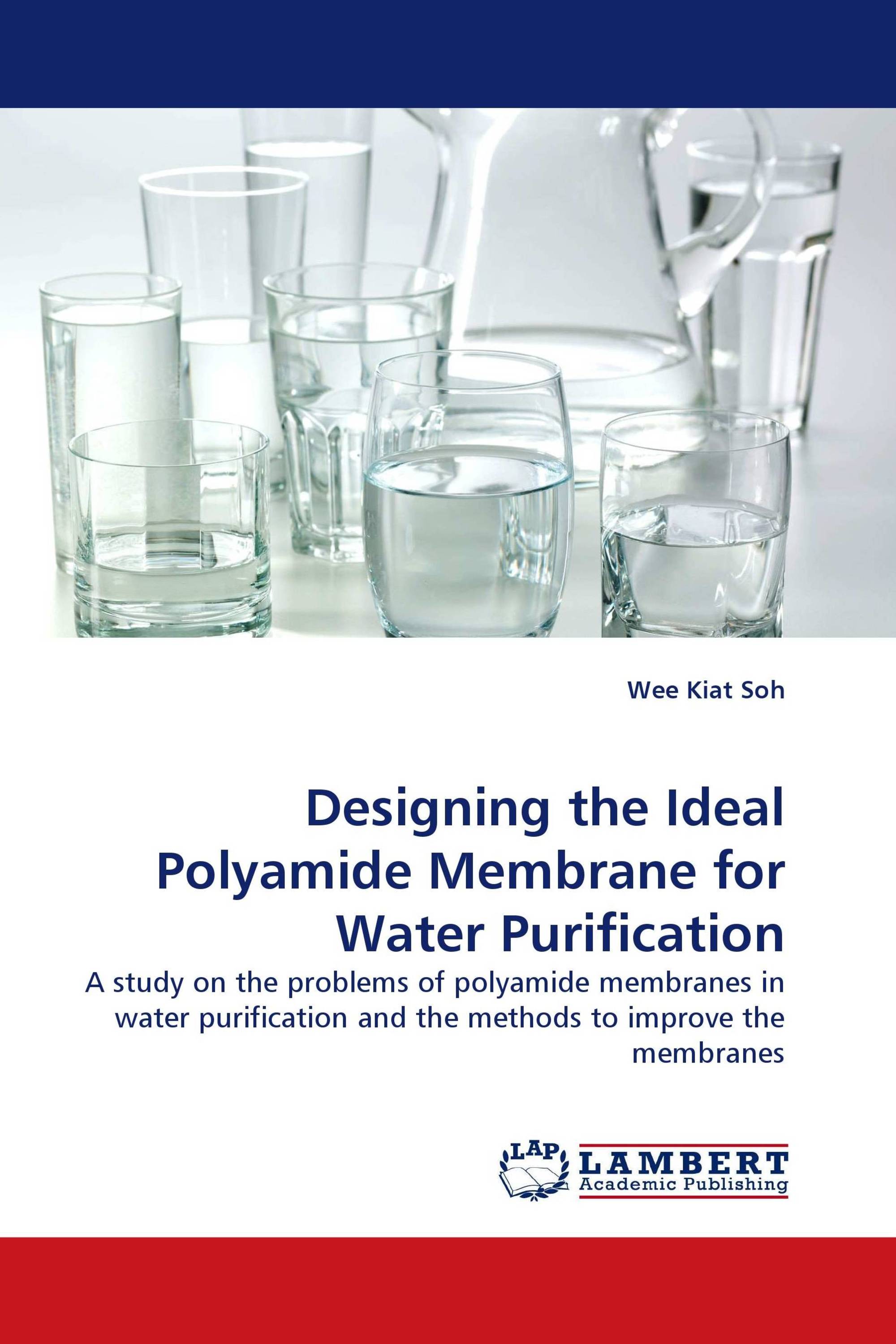Designing the Ideal Polyamide Membrane for Water Purification
A study on the problems of polyamide membranes in water purification and the methods to improve the membranes
€ 49,00
The polyamide membrane is a crucial element in reverse osmosis water purification. It has more advantages than cellulose acetate membranes, but is susceptible to biofilm formation and chlorine degradation. In order for a polyamide membrane to be considered ideal it must have good performance, long lifespan and low cost. Performance can be adjusted by varying the preparation conditions during interfacial polymerization. However it was found that this method is unable to optimize both water flux and salt rejection at the same time. Hence optimization of membrane performance has to be done in accordance to the given situation. Chlorine resistance can be increased by methylating the amide nitrogen and by varying the type of amine used to synthesize the polyamide membrane. Furthermore the group contribution method can be used to predict the performance when the polyamide membranes lack experimental data to correlate their properties. This is useful for preliminary selection of the type of polyamide membrane. This work would be useful for students or researchers who are exploring further possibilities in the area of water purification membranes.
Book Details: |
|
|
ISBN-13: |
978-3-8383-4322-8 |
|
ISBN-10: |
3838343220 |
|
EAN: |
9783838343228 |
|
Book language: |
English |
|
By (author) : |
Wee Kiat Soh |
|
Number of pages: |
68 |
|
Published on: |
2010-08-11 |
|
Category: |
Mechanical engineering, manufacturing technology |
